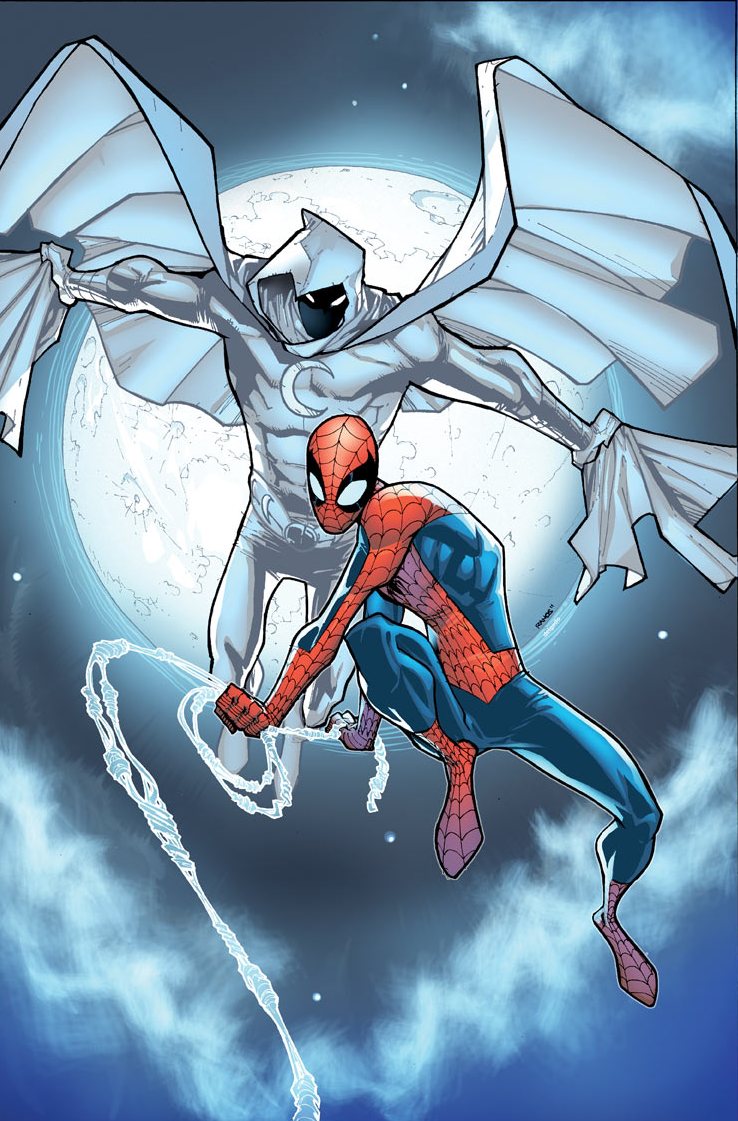

I just realistically want to avoid the claim as we have had one on our policy in the last year. Licenses: All visualizations, data, and articles produced by Our World in Data are open access under the Creative Commons BY license. Is this really a lost cause? Is there anything legally I can do or push their insurance agency to provide/accomplish, or any court related direction I could take worth while? about 3k worth of damage on my car.
Word vs word accident how to#
It is a clear case of her admitting fault to me but having her dad coach her on how to lie to an insurance company, or so it would appear. As a result, her insurance (girl says I merged into her lane) is claiming word vs word and that the officer was not informed on her perspective, however the girl nor her dad disputed her claim that she was at fault. The state where an accident occurs, and whether its an at-fault or no-fault accident state, has a significant impact on how an auto insurance claim is. Officer came (he had called) and documented her at fault, without asking her any questions. According to the National Highway Traffic Safety Administration, more than 5 million motor vehicle wrecks occur every year. This is a general term that covers bodily injury (BI) liability and. She had her dad come who then removed me from the conversation and began having what appeared to be in depth "coaching" on how to handle the situation. In other words, coverage in case you cause an accident where there is either. Word meaning has played a somewhat marginal role in early contemporary philosophy of language, which was primarily concerned with the structural features of sentence meaning and showed less interest in the nature of the word-level input to compositional processes. Personal Injury Attorneys Can Help When It’s Word Against Word in Car Accident Cases Taking on a personal injury case on your own is always risky. We can also use the word ‘accidentally’ as a replacement for by accident just two ways of referring to the same thing. For example, she spilled the milk by accident. It means by mistake or something that’s done without the intention of doing it. After the accident she said she was 16, had only been driving for a week, had no idea what happened, and apologized repeatedly. First published Tue substantive revision Fri Aug 9, 2019. The correct phrase (adverb) to use traditionally, is: ‘by accident’. My primary damage is in the front of my vehicle, I was turning very soon, and realistically visually you can aknowledge that I was likely in her blind spot and she merged into me. 'Nobody's fault' (unforeseeable or unpreventable) The first two definitions match the usage of 'accident' in safety and health usage, while the last two definitely do not. As trivial as breaking a cheap belonging, or as tragic as a fatal car crash. 16 year old girl pulls out of the left side of the road and merges into my car in the right lane. The first recorded use of the word crash instead of accident in reference to automobiles dates back as far as the early 1900s when the first automobiles. Accidents are: Unintended, unexpected, or unplanned. You will also notice how every grammar-checking program will correct your spelling if you write "accidently," so be cautious with that.Try to keep this short - I was traveling in the right most lane of an intersection, turning right in about half a block. But in modern English, we use the spelling "accidentally." Some sources still identify the spelling "accidently" as correct, adding that it has been used in the English language since the 18th century. The adverb "Accidently" is considered to be an obsolete alternative spelling version for the adverb "Accidentally."

The adverb "accidentally" is formed from the adjective "accidental." To understand why we use this spelling, it might be a bit easier to revise how we create adverbs from adjectives:Īccidental (adj) + ly = Accidentally (adv) Why we don't use the spelling "Accidental?" Why is "Accidentally" the correct spelling?Īccidentally is an adverb that describes something that happened out of nowhere, by chance, unintentionally or unwillingly. They are both correct spellings, but there's a twist - We don't use the spelling "accidently" anymore we write "accidentally" in modern English. Which Is Correct: Accidentally Or Accidently?


 0 kommentar(er)
0 kommentar(er)
